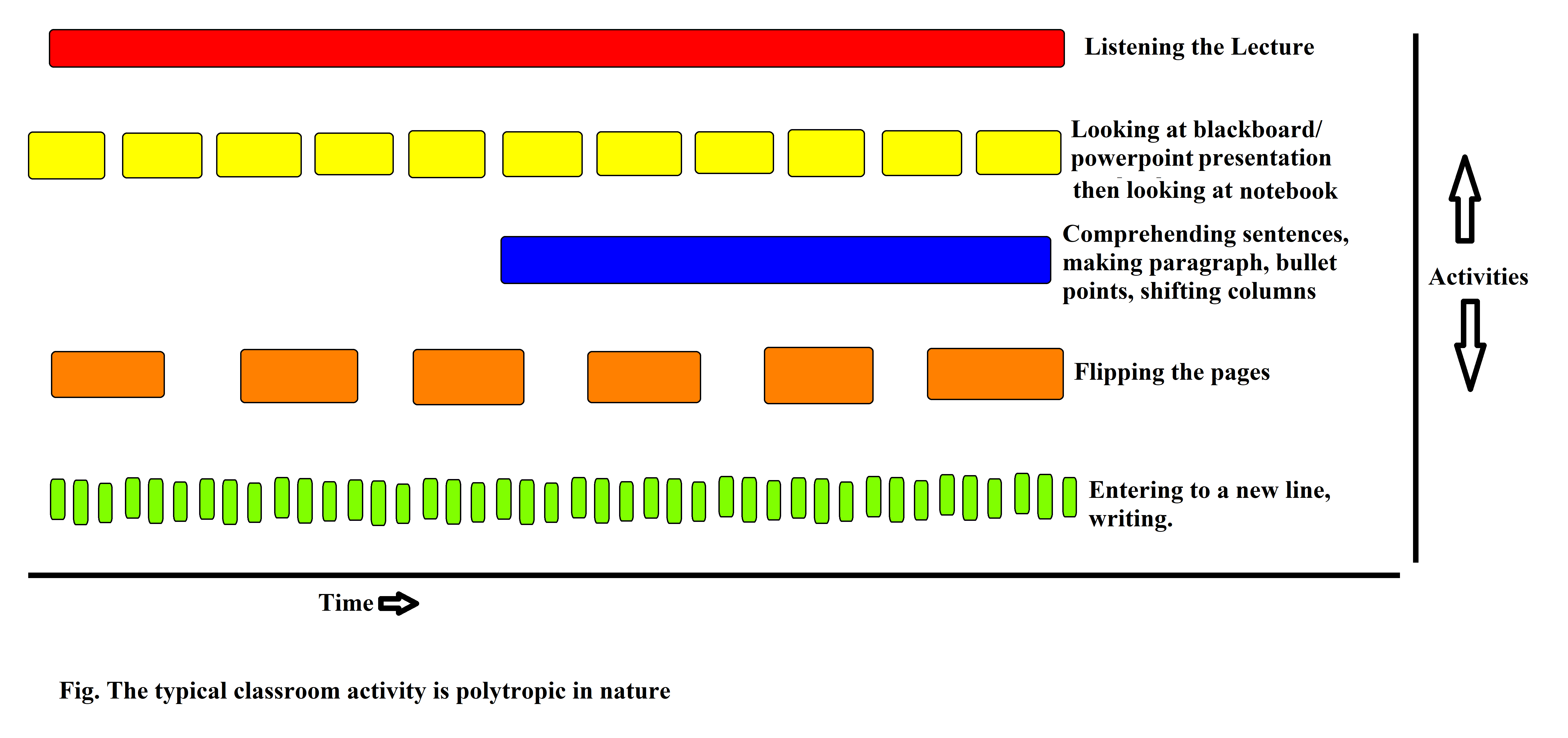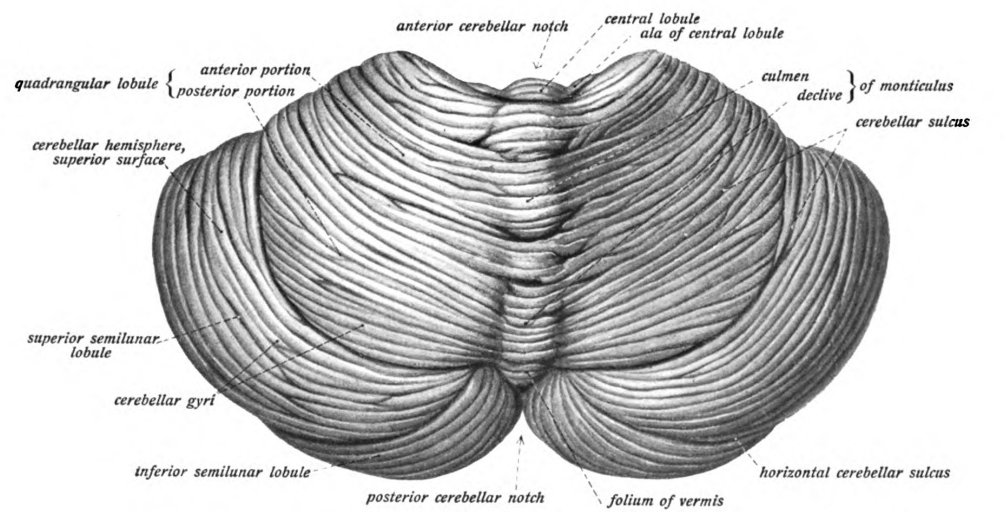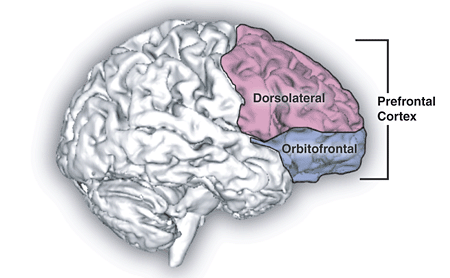 |
Autism And Working Memory
The relationship between autism and memory, specifically memory functions in relation to autism spectrum disorder (ASD), is an ongoing topic of research. ASD is a neurodevelopmental disorder characterised by social communication and interaction impairments, along with restricted and repetitive patterns of behavior. In this article, the word ''autism'' is used to refer to the whole range of conditions on the autism spectrum, which are not uncommon. Although working difficulty is not part of the diagnostic criteria for autism spectrum disorder (ASD), it is widely recognized that individuals with autism spectrum disorder (ASD) commonly exhibit specific types of memory difficulties. Autism can affect memory in complex and varied ways, with strengths and challenges depending on the individual. Many autistic people show strong semantic memory, excelling at recalling facts, details, or specific areas of interest, while episodic memory—recalling personal experiences, especially social ... [...More Info...] [...Related Items...] OR: [Wikipedia] [Google] [Baidu] [Amazon] |
 |
Autism
Autism, also known as autism spectrum disorder (ASD), is a neurodevelopmental disorder characterized by differences or difficulties in social communication and interaction, a preference for predictability and routine, sensory processing differences, focused interests, and repetitive behaviors, which may include stimming. Formal diagnosis requires significant challenges in multiple domains of life, with characteristics that are atypical or more pronounced than expected for one's age and sociocultural context.(World Health Organization: International Classification of Diseases version 11 (ICD-11)): https://icd.who.int/browse/2024-01/mms/en#437815624 Motor coordination difficulties are common but not required for diagnosis. Autism is a spectrum disorder, resulting in wide variations in presentation and support needs, such as that between speaking and non-speaking populations. Increased estimates of autism prevalence since the 1990s are primarily attributed to broader c ... [...More Info...] [...Related Items...] OR: [Wikipedia] [Google] [Baidu] [Amazon] |
 |
Cerebellum
The cerebellum (: cerebella or cerebellums; Latin for 'little brain') is a major feature of the hindbrain of all vertebrates. Although usually smaller than the cerebrum, in some animals such as the mormyrid fishes it may be as large as it or even larger. In humans, the cerebellum plays an important role in motor control and cognition, cognitive functions such as attention and language as well as emotion, emotional control such as regulating fear and pleasure responses, but its movement-related functions are the most solidly established. The human cerebellum does not initiate movement, but contributes to motor coordination, coordination, precision, and accurate timing: it receives input from sensory systems of the spinal cord and from other parts of the brain, and integrates these inputs to fine-tune motor activity. Cerebellar damage produces disorders in fine motor skill, fine movement, sense of balance, equilibrium, list of human positions, posture, and motor learning in humans. ... [...More Info...] [...Related Items...] OR: [Wikipedia] [Google] [Baidu] [Amazon] |
 |
Executive Function
In cognitive science and neuropsychology, executive functions (collectively referred to as executive function and cognitive control) are a set of cognitive processes that support goal-directed behavior, by regulating thoughts and actions through cognitive control, selecting and successfully monitoring actions that facilitate the attainment of chosen objectives. Executive functions include basic cognitive processes such as attentional control, cognitive inhibition, inhibitory control, working memory, and cognitive flexibility. Higher-order executive functions require the simultaneous use of multiple basic executive functions and include planning and fluid intelligence (e.g., reasoning and problem-solving). Executive functions gradually develop and change across the lifespan of an individual and can be improved at any time over the course of a person's life. Similarly, these cognitive processes can be adversely affected by a variety of events which affect an individual. Both ... [...More Info...] [...Related Items...] OR: [Wikipedia] [Google] [Baidu] [Amazon] |
|
Spikey Cognitive Profile
The TC Energy Center is a highrise that represents one of the first significant examples of postmodern architecture construction in downtown Houston, Texas. The building has been formerly known as the RepublicBank Center, the NCNB Center, the NationsBank Center, and the Bank of America Center. The building was completed in October 1983 and designed by award-winning architect Johnson/Burgee Architects, and is reminiscent of the Dutch Gothic architecture of canal houses in The Netherlands. It has three segmented tower setbacks, each with "a steeply pitched gabled roofline that is topped off with spires". The tower was developed by Hines Interests and is owned by a joint venture of M-M Properties and an affiliate of the General Electric Pension Trust. The banking center is housed in a separate building, due to construction problems, and has a three-story lobby. There are 32 passenger elevators each finished with wood panels that include Birdseye Maple, Macassar Ebony, Ital ... [...More Info...] [...Related Items...] OR: [Wikipedia] [Google] [Baidu] [Amazon] |
|
 |
Cognition
Cognition is the "mental action or process of acquiring knowledge and understanding through thought, experience, and the senses". It encompasses all aspects of intellectual functions and processes such as: perception, attention, thought, imagination, intelligence, the formation of knowledge, memory and working memory, judgment and evaluation, reasoning and computation, problem-solving and decision-making, comprehension and production of language. Cognitive processes use existing knowledge to discover new knowledge. Cognitive processes are analyzed from very different perspectives within different contexts, notably in the fields of linguistics, musicology, anesthesia, neuroscience, psychiatry, psychology, education, philosophy, anthropology, biology, systemics, logic, and computer science. These and other approaches to the analysis of cognition (such as embodied cognition) are synthesized in the developing field of cognitive science, a progressively autonomou ... [...More Info...] [...Related Items...] OR: [Wikipedia] [Google] [Baidu] [Amazon] |
|
Executive Functions
In cognitive science and neuropsychology, executive functions (collectively referred to as executive function and cognitive control) are a set of cognitive processes that support goal-directed behavior, by regulating thoughts and actions through cognitive control, selecting and successfully monitoring actions that facilitate the attainment of chosen objectives. Executive functions include basic cognitive processes such as attentional control, cognitive inhibition, inhibitory control, working memory, and cognitive flexibility. Higher-order executive functions require the simultaneous use of multiple basic executive functions and include planning and fluid intelligence (e.g., reasoning and problem-solving). Executive functions gradually develop and change across the lifespan of an individual and can be improved at any time over the course of a person's life. Similarly, these cognitive processes can be adversely affected by a variety of events which affect an individual. Bot ... [...More Info...] [...Related Items...] OR: [Wikipedia] [Google] [Baidu] [Amazon] |
|
|
Working Memory
Working memory is a cognitive system with a limited capacity that can Memory, hold information temporarily. It is important for reasoning and the guidance of decision-making and behavior. Working memory is often used synonymously with short-term memory, but some theorists consider the two forms of memory distinct, assuming that working memory allows for the manipulation of stored information, whereas short-term memory only refers to the short-term storage of information. Working memory is a theoretical concept central to cognitive psychology, neuropsychology, and neuroscience. History The term "working memory" was coined by George Armitage Miller, Miller, Eugene Galanter, Galanter, and Karl H. Pribram, Pribram, and was used in the 1960s in the context of Computational theory of mind, theories that likened the mind to a computer. In 1968, Atkinson–Shiffrin memory model, Atkinson and Shiffrin used the term to describe their "short-term store". The term short-term store was the na ... [...More Info...] [...Related Items...] OR: [Wikipedia] [Google] [Baidu] [Amazon] |
|
|
Habit Formation
A habit (or wont, as a humorous and formal term) is a routine of behavior that is repeated regularly and tends to occur subconsciously. A 1903 paper in the ''American Journal of Psychology'' defined a "habit, from the standpoint of psychology, sa more or less fixed way of thinking, willing, or feeling acquired through previous repetition of a mental experience." Habitual behavior often goes unnoticed by persons exhibiting it, because a person does not need to engage in self-analysis when undertaking routine tasks. Habits are sometimes compulsory. A 2002 daily experience study by habit researcher Wendy Wood and her colleagues found that approximately 43% of daily behaviors are performed out of habit. New behaviours can become automatic through the process of habit formation. Old habits are hard to break and new habits are hard to form because the behavioural patterns that humans repeat become imprinted in neural pathways, but it is possible to form new habits through repetition ... [...More Info...] [...Related Items...] OR: [Wikipedia] [Google] [Baidu] [Amazon] |
|
|
Perceptual Learning
Perceptual learning is learning better perception skills such as differentiating two musical tones from one another or categorizations of spatial and temporal patterns relevant to real-world expertise. Examples of this may include reading, seeing relations among chess pieces, and knowing whether or not an X-ray image shows a tumor. Sensory modalities may include visual, auditory, tactile, olfactory, and taste. Perceptual learning forms important foundations of complex cognitive processes (i.e., language) and interacts with other kinds of learning to produce perceptual expertise. Underlying perceptual learning are changes in the neural circuitry. The ability for perceptual learning is retained throughout life. Basic sensory discrimination Laboratory studies reported many examples of dramatic improvements in sensitivities from appropriately structured perceptual learning tasks. In visual Vernier acuity tasks, observers judge whether one line is displaced above or below a sec ... [...More Info...] [...Related Items...] OR: [Wikipedia] [Google] [Baidu] [Amazon] |